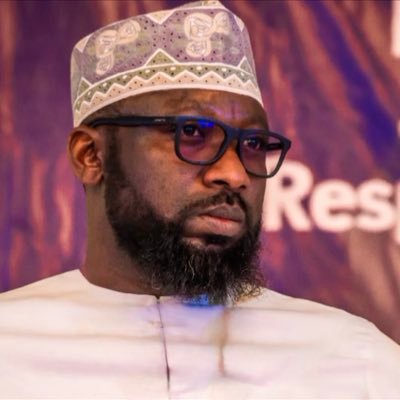
In a world driven by distractions and constant pursuits, death remains the one inescapable certainty silencing the rich and poor alike, freezing ambitions, and reminding mankind of its true place in the grand design. Yet, despite its regular presence in our lives, many still live as though death only happens to others.
The Qur’an offers a timeless reminder:
“Every soul shall taste death. And only on the Day of Resurrection will you be paid your rewards in full. Whoever is spared from the Fire and admitted to Paradise, he indeed is successful. The life of this world is only the enjoyment of deception.” (Qur’an 3:185)
This verse is a profound reflection on human mortality. It reinforces the truth that death is not an end, but a beginning, the doorway to eternal accountability.
Read Also:
Ulama Lead Rain Prayer in Kano Over Delayed Rainfall
The weight of death was deeply felt among the companions of the Prophet Muhammad (peace be upon him). Uthman ibn Affan, the third Caliph of Islam, would weep profusely when standing by a grave. When questioned, he would recall the words of the Prophet:
“The grave is the first stage of the Hereafter. Whoever is saved from it, what follows is easier. But if he is not saved from it, what comes after is more difficult.”
This wasn’t fear of the unknown, it was reverence for the truth. Umar ibn Al-Khattab, another revered Caliph, once said he often received news of people dying, and one day, the same news would be about him. Such mindfulness shaped their lives, governance, and personal choices.
Though death claims lives every day from the famous to the forgotten, it rarely leaves a lasting impact on the living. People continue to chase wealth, power, and influence as though these things could delay the inevitable.
Death wipes out status, shuts bank accounts, and renders even the loudest voices silent. Yet many continue to live in denial, entangled in worldly pleasures and blind to the certainty of the grave.
History reminds us of people who lived only for this world. They left behind regrets, not righteousness, scandals not serenity. Their names fade, their memories forgotten.
On the other hand, there are those who understood that life is a bridge, not a destination. They sowed good deeds, lived with humility, and left behind lessons that outlived them. Their legacy shines because they prepared for what truly mattered.
Every individual must pause and ask:
What am I truly working toward?
What will I carry with me to the grave, regret or reward?
The time to act is now. While breath still fills the lungs and the heart still beats, the opportunity to change and prepare remains. Death gives no warning.
Whatever brings peace when imagined at the time of death, let that become your priority today. Whatever brings shame or dread, now is the time to abandon it.
May Allah grant us a good ending. May our lives be filled with purpose, and may our deaths be the beginning of eternal peace. And may we remember, always, that death is not just a warning but an ultimate lesson.



